Food poisoning can be brutal, but is easily avoidable once you know w__hich foods the bacteria love to lurk in.__ By being aware of the danger, you can then take the necessary safety precautions while handling those items.
Read more ¿Qué más?:
Images via Thinkstock
Eggs

Eggs might be a regular visitor on your breakfast tables–that is, until you get that bad one. What makes eggs a risky food is a common bacteria that is responsible for many food poisoning throughout the world: Salmonella Typhimurium.
How do Salmonella infect an egg? Two ways: outside in or inside out. This bacteria can penetrate through the egg shell to get to the sac that covers the yolk. Another way is through infected chickens, since they get delivered small deposits of the bacteria from their environment. It then thrives inside them and infects every egg it lays.
Green leafy vegetables

Leafy greens, like spinach, lettuce and kale, especially the packaged kind, house high amounts of bacteria due to poor sanitation practices by the manufacturers. To reduce your risk of ingesting these organisms, make sure your package is a great length away from the expiry date. Make sure you wash them thoroughly even if the package says pre-washed or triple-washed. Also, to avoid cross contamination keep the greens far away from meat and poultry.
Meat
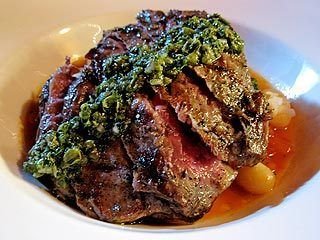
Meat harbors lots of harmful bacteria such as Salmonella, E-coli and more. These get introduced during meat processing. Once contaminated they can cause food borne illnesses in humans. Meat should always be washed thoroughly and cooked very well. Eating raw or uncooked meat is very dangerous. Please sanitize any kitchen surfaces or utensils that comes into contact with raw meat while prepping or cleaning it.
Tuna
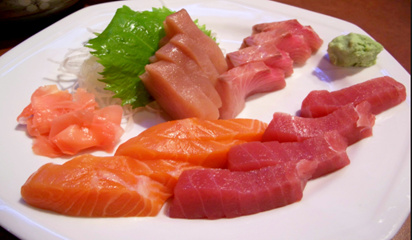
Tuna fish assimilates a toxic chemical called mercury in their flesh which upon ingestion, gets transferred to humans. It can affect both of your physical health and cognitive mind badly. Fresh tuna, just like any other fish, starts to decay the minute they get caught. This process causes them to release a poisonous toxin called Scombrotoxin which you can't get rid of even through cooking. This is why it should always be refrigerated and adequately handled. Tuna also stores other disease causing pathogens such as Salmonella and Norovirus, which can cause severe food borne illnesses.
Tomatoes
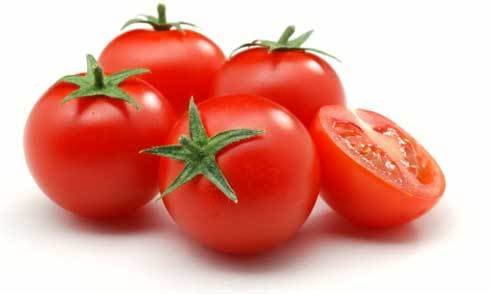
Tomatoes have been associated with housing Salmonella that can enter them through the roots or any cracks on the skin of the fruit or the plant itself. Most of the outbreaks related to tomatoes have been attributed to Salmonella. Make sure you wash your tomatoes thoroughly under warm running water. Store cut tomatoes in the fridge to stop the pathogens from spreading.
Sprouts
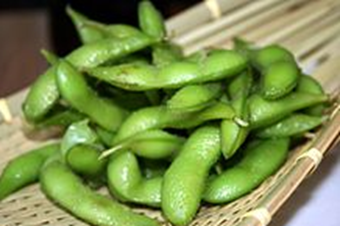
Sprouts do carry a risk of food borne illness. They grow in warm and humid environments, and so does bacteria like Salmonella, E. coli and Listeria. Children, pregnant women and anyone with a weak immune system should avoid eating sprouts. Also, cook them thoroughly to kill the bad pathogens.
Cheese
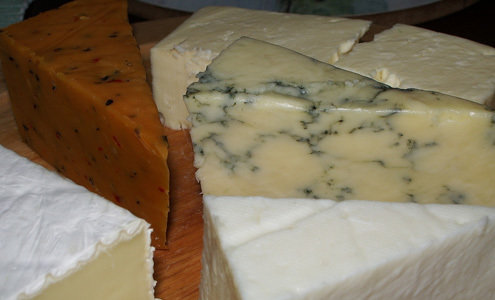
Many cheeses are now made from pasteurized milk. But unpasteurized cheese is not too hard to find. These contains disease causing pathogens such as E. coli, Salmonella and Listeria. Some cheese made from unpasteurized milk includes Queso fresco, Brie, Panela and Asadero. The use of these should be avoided or be very limited in your diet.




